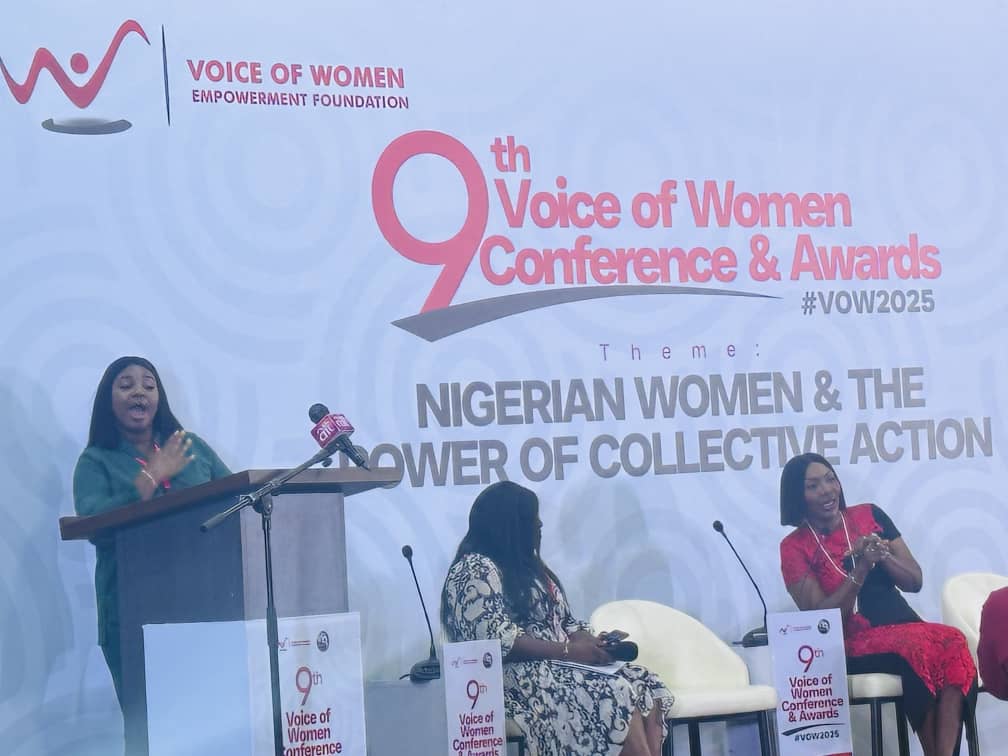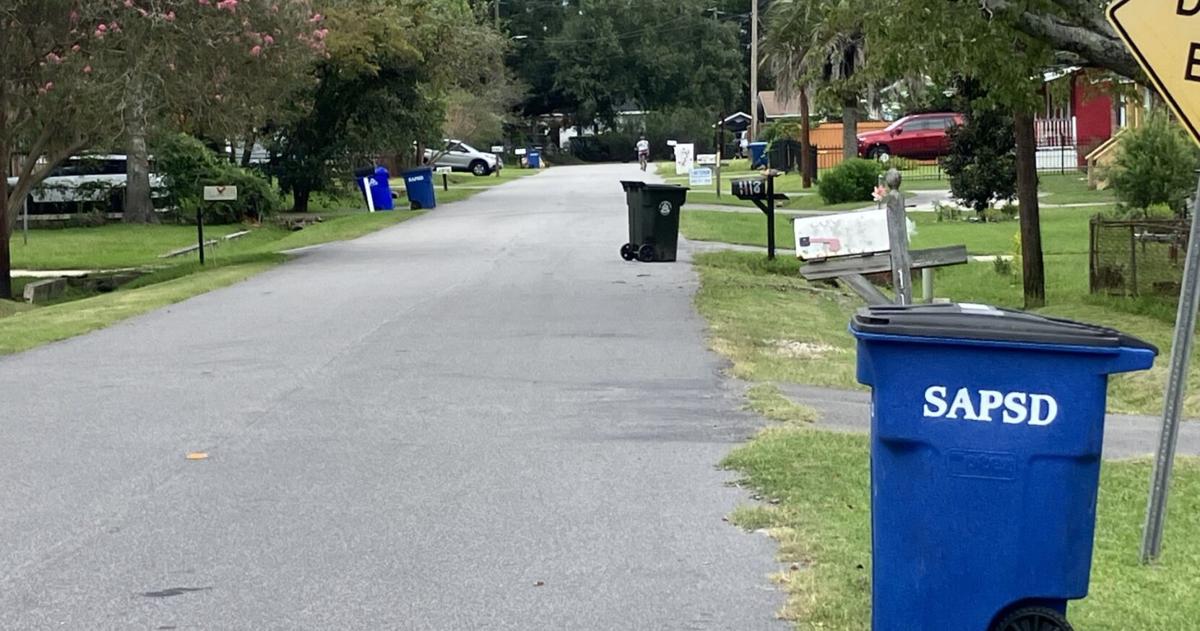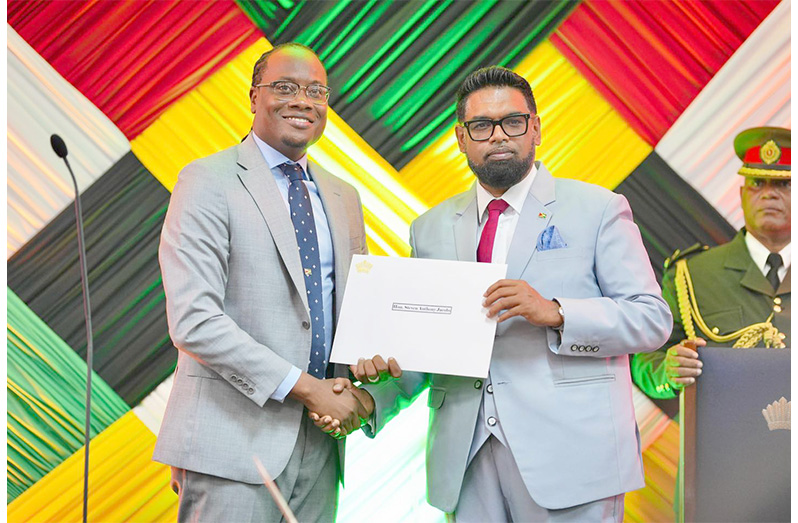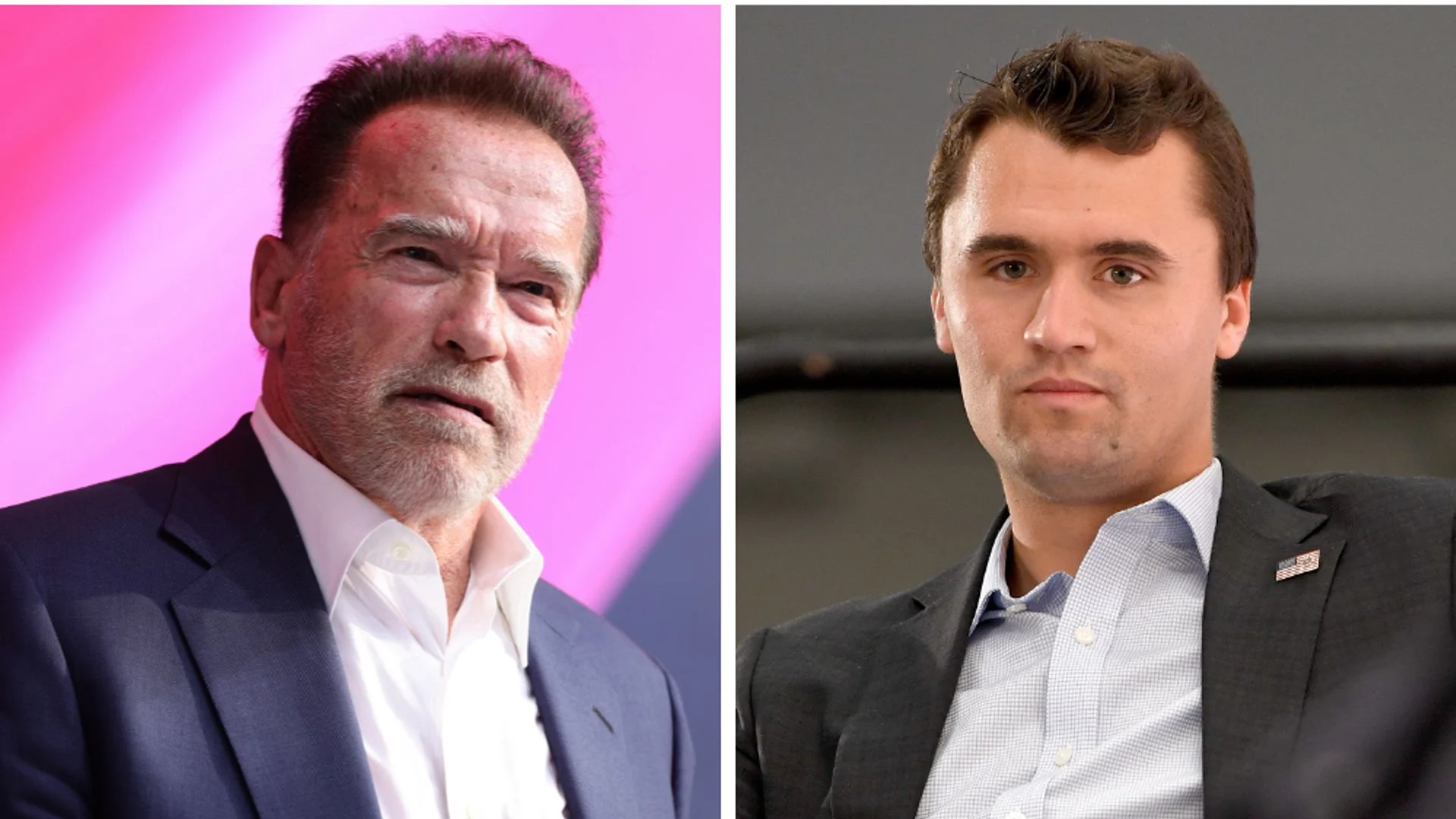By Ene Oshaba,Tokunbo2
Copyright thesun

From Juliana Taiwo-Obalonye, Abuja
As Nigeria approaches the pivotal 2027 elections, Ogun State Commissioner for Women Affairs and Social Development, Adijat Adeleye-Oladapo, has made a clarion call at the 9th Voice of Women Conference and Awards, urging Nigerian women to unite in support of fellow women contesting political offices.
Speaking as a panellist at the Fireside Chat: Breaking Barriers through the Power of Community moderated by Ene Oshaba, a development journalist, she emphasised that breaking gender barriers and securing women’s representation in governance requires a strong, unwavering collective action.
She called on women to rekindle the historic collective power Nigerian women once wielded: “If a single woman can gather all the women to put a stop to something that she felt was not fair enough… that collective power has always been there. But at some point, I think we lost it. We have to come together as one. Nobody can walk alone to achieve the desired goal of women.”
The Ogun State Commissioner for Women Affairs unveiled the transformative impact of grassroots mobilisation through the Nigeria for Women Project, a federal initiative supported by the World Bank piloted in Ogun. “This project has gone to the grassroots to start bringing our women back together, working on each other’s shoulders,” she explained. This grassroots collective enables women to form affinity groups that share resources, receive leadership training, and claim economic opportunities such as land acquisition for farming. “We saw in the last local government election women coming together saying ‘this is the person we want you to support,’” she said, signalling new women-led political influence.
The commissioner stressed that economic empowerment is a cornerstone for political empowerment. “When women who couldn’t afford land to farm before have come together to get land and are making money, that economic empowerment is key… When you have money, politics is easier. Money is important.”
She envisaged a future where women confidently say, “This is the woman we want as governor,” underscoring the long-term goal of increasing women’s representation in elected office.
Touching on challenges in political equity, Adeleye-Oladapo recounted efforts to mobilise support for women candidates, telling how she and others petitioned the governor for more women council chairmen and vice-chairmen, eventually succeeding at the vice-chair level. She articulated a critical distinction: “There cannot be equality without equity… men already have 95 percent of leadership. We must first talk about equity to catch up.”
Defying the stereotype that women do not support each other, she asserted, “I told the men, make sure you stop coming to us to tell us women are their own enemies. Telling us ‘it is you people that are not supporting yourself…’ For one woman who is not supporting me, I have 10 women who are supporting me.” She emphasised the power of a community of women backing each other: “This is the power of collective action.”
Sharing her personal journey through over 30 years of political and public service beginning at the grassroots, Adeleye-Oladapo stressed the values that propelled her rise: humility, service, and mentorship. “Some women ride on the back of other women to get positions. When they get there, they forget those women. I want to see twenty more women uplifted, even if in lesser positions, so they can speak for us,” she urged, promoting sustained solidarity.
Addressing the divide between urban and rural women, she called for bridging gaps and synergy: “One cannot rise without the other. We need urban women, even those not contesting, to support rural women and those beginning their journey. Mentorship and community-building are critical.”
Looking ahead to the 2027 elections, Adeleye-Oladapo declared, “The journey starts now. We do not have two years.” She lamented the cyclical nature of political engagement, “We talk only near elections and then go to sleep. There must be sustainable conversations spanning years.” Highlighting recent gains, she noted, “We now have more women holding party positions, female party chairmen, and more women in the status quo.”
She added, “For every woman standing for election in your state, support her. If you are not contesting, support those who are. Let us make a statement. Women have the power, the tenacity, and the resilience to make it.” She concluded by encouraging women to go to their communities, meet their female representatives, and mobilise support, reminding them that the power lies in their collective vote and voice.



